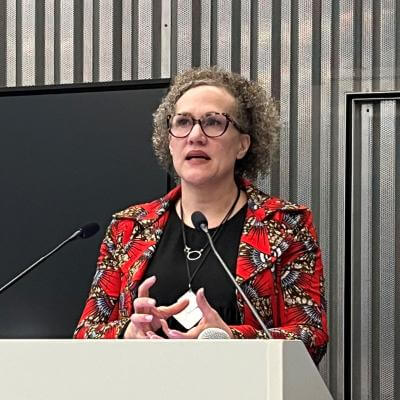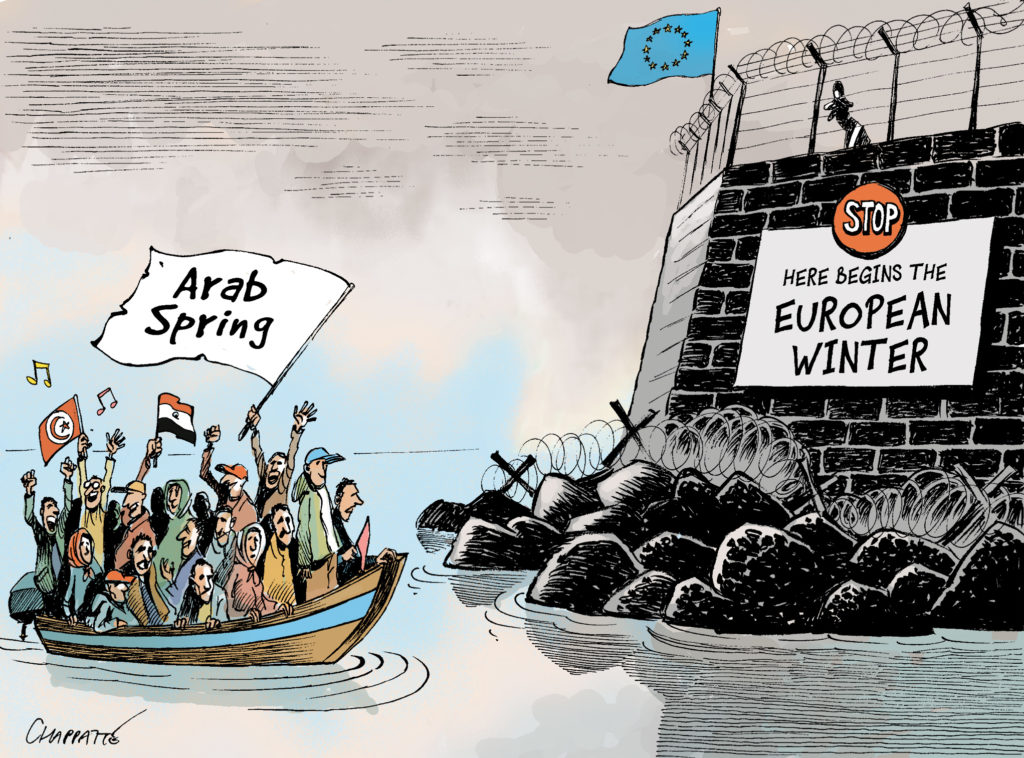We currently face a baffling paradox. While since the fall of the Berlin Wall in 1989 a seemingly inexorable process of globalisation has been foreshadowing a peaceful and frontierless world, the number of walls across the world has been rising at a steady pace. Liberal and open societies buttressed by trade, international law and technological progress were supposed to implacably contribute to the erosion of frontiers and walls between nations. However, in a context of surging populist discourses, securitarian anxieties and identitarian politics as well as concomitant flows of migration alimented by climate change, conflict and poverty, nations have recently started to barricade themselves behind new walls.
© Chappatte in The International New York Times, www.chappatte.com
Today, we observe a renewed interest in the theme of decolonisation in three interrelated fields: in the academic world which opens new areas of research and teaching (e.g. decolonisation studies; decolonising the curriculum), in the practice of professionals and international actors who are revisiting their way of working, as well as in the vocabulary and activism of civil society targeting the remnants of colonial times such as street names, statues or museum objects. The renewed focus on decolonisation brings forth underlying issues such as the lingering of Eurocentrism, continued oppression of indigenous people, cultural relativism, the ongoing materiality of colonialism, the guilt of the West or, more generally, “the darker side of Western modernity”. While decolonisation has had a lasting impact on the political scene (with the decolonisation movements of the 1960s) and theoretically in the realm of academia, it lags behind in practice as processes, mentalities and epistemes are still permeated by “coloniality”. The present issue puts therefore decolonisation into historical perspective and provides fresh analytical perspectives on its epistemologies and methodologies as well as its practical application and consequences in various fields.
This issue has been coproduced by the Graduate Institute’s Department of International History and Politics and the Research Office. It also includes contributions from other research centres and departments of the Institute.
A Past That Keeps Questioning Us
-
I
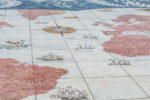
Decolonisation: The Many Facets of an Ongoing Struggle
Reading time: 6 min -
1
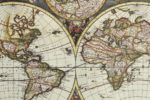
Varieties of Decolonisation
Reading time: 5 min -
2

Decolonisation: Too Simple a Term for a Complicated History
Reading time: 5 min -
3
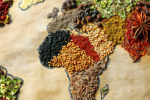
Decolonisation and Regionalism
Reading time: 5 min -
4

Decolonising International Politics
Reading time: 5 min -
5

Decolonising the Global
Reading time: 5 min -
6
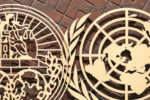
Decolonisation and International Law
Reading time: 5 min -
7

Gender and Decolonisation
Reading time: 6 min -
8

Decolonisation and Humanitarianism
Reading time: 4 min -
9

Decolonisation and Global Health
Reading time: 5 min -
10

Decolonising Education
Reading time: 4 min -
11

Three Decolonial Questionings of the Digital
Reading time: 5 min -
O

Selected Publications from the Graduate Institute about Colonisation and Decolonisation
Reading time: 4 min
This issue has been produced by the Department of International History and Politics in collaboration with the Geneva Graduate Institute’ Research Office. It also includes contributions from other research centres and departments of the Institute.














